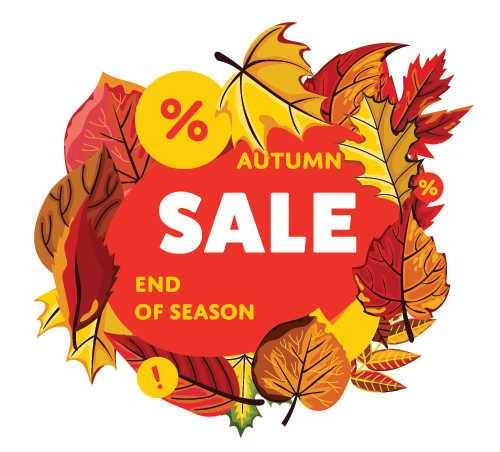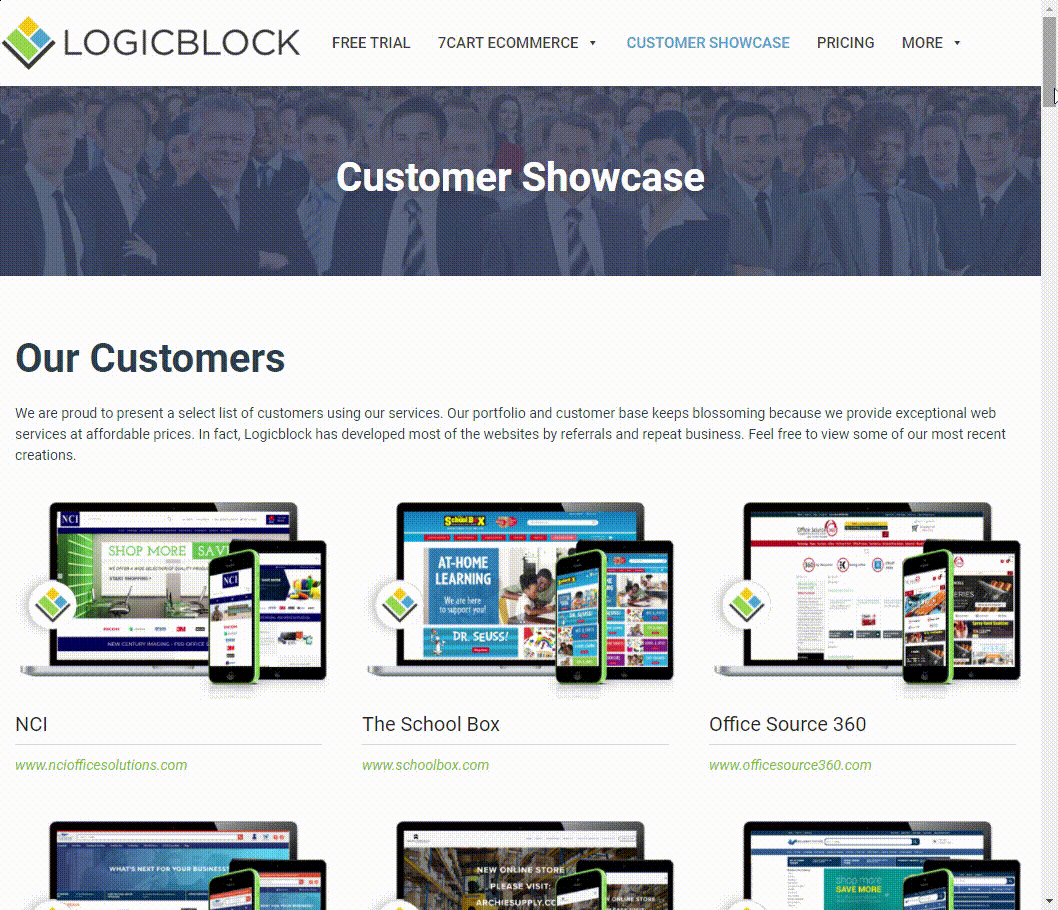Seasonal products often have a shelf life that is limited to a specific time of year. While you can position some products as evergreen, most of the time seasonal products are just that – seasonal. So, how do you make the most of those products in the time of year when they are most relevant? Here are some tips and tricks on how you can increase revenue and reach with your seasonal products.
Want to spruce up your ecommerce site to maximize your selling potential?
Have a Marketing Strategy in Place

Without a marketing strategy, products and services simply will not move. When you’re dealing with seasonal products, use the off-season to plan your marketing strategy. Your marketing data from previous years should give you a good sense of the ebb and flow of inventory and service needs. This is what you should always start doing when planning for seasonal product sales.
You probably know the exact date of Christmas. But do you know when people start to research buying a Christmas gift? Knowing when people are searching and buying is integral to creating a timely and effective marketing strategy to sell your seasonal products. This brings us to analyzing data.
Analyze Last Year’s Bestsellers

Reflecting on the past is a crucial step for making the most of seasonal products. Examine last year’s best-selling products and what factors contributed to their success, such as ads, styles, catchphrases, and promotions. Also, pay attention to the seasonal trends, such as when online searches and sales started and when they tapered off. Analytics and metrics provide valuable insights into the successes and failures of the previous season. By analyzing these patterns, you can better plan for your next campaign.
Monitor your customers across all channels to see what they like best, what products are most in demand, and which trends are getting the most attention. With that data in hand, choose your top contenders from your seasonal products list and focus on heavily promoting them.
Know How to Price Seasonal Items

Maximizing profits during a particular season requires you to effectively price the seasonal products you intend to promote. Given that these items will experience a surge in demand, the key lies in establishing a price that appeals to customers while also yielding a profit. A smart approach is to assess your competition; explore their websites to ascertain the prices they charge for their seasonal products.
Adapting to seasonal pricing means acknowledging the need to modify prices to capitalize on peak shopping periods. While demand is high, increase prices slightly to maximize earnings as customers flock in. Remember to consider your rivals’ pricing strategy to devise a more compelling price tag.
Match the Correct Products with the Correct Season

Not every season will have something to sell. It’s normal to only be able to sell during one or two seasons depending on your stock. Concentrate on the seasons that are best for the products you want to offer. Additionally, holiday sales are another avenue to explore with seasonal products. Be sure to prioritize selling items that are suitable for the holiday at hand.
Don’t forget, though, that ecommerce opens you up to a global economy. If you cater to a global market, you could leverage the fact that seasons vary across different regions and sell your seasonal items to foreign customers. Employing such strategies not only frees up your inventory but also brings in some extra cash.
Create Strategic Promotions

Promotions are a great way to get eyeballs on a product. Offering discounts during seasonal periods is a proven strategy to attract customers. Such promotions do not have to be extravagant; they can be in the form of promo codes, free shipping, or small gifts for early orders. However, it is increasingly challenging to surprise and impress customers while also not burning them out. Therefore, preparing a seasonal schedule well in advance and respecting time-to-market deadlines is crucial.
Consider pairing products and services for a special price. You could also slash prices on seasonal products towards the end of the season to ensure they sell before the season concludes. Whatever you’re offering, make sure to get the message out about it with messaging on your website as well as on all social media platforms. Don’t forget to ensure your ecommerce site is also up to date and functioning properly. There is no point in getting people to your site if they can’t buy the product or service due to a glitch in the system. Communication of your promotion is vital, but it’s pointless if customers can’t buy your product because of a faulty online store. Logicblock’s 7cart system ensures your ecommerce site keeps cruising smoothly all year long and it allows you to update your inventory easily and efficiently.
Keep in mind that no matter what the season, you should have consistent marketing throughout the year (especially on social media). Neglecting your pages for the last six months can make it difficult to garner consistent engagement during your busy season. Maintaining an active presence on your social and marketing channels year-round is necessary for sustained success. Also, don’t forget to look to see what your competitors are doing.
Get Creative

One way to spark interest in seasonal products is to incorporate themed content and advertisements into your marketing strategy. For example, summer ads can showcase beach images, while winter content can feature popular cold weather activities. Promoting seasonal items through targeted content can be an effective way to increase sales.
When developing content, highlight common seasonal problems that your products can solve. A blog post on shoveling snow can seamlessly segue into promoting snow shovels, for example. Creatively weaving specific holidays into your content can also boost engagement.
Always Be Tagging

Always, always, always make sure to write great product descriptions and tag your products (and their images) with the appropriate meta data. Tagging is one of the best ways for potential customers to find your products, but tagging can be a bit of a science. Hiring a company to help you optimize your SEO takes the pressure off you to become an SEO expert and instead frees you up to focus on building your business in other ways. With Logicblock’s 7cart’s dynamic search engine mechanics, plus easy and total storefront customization and management tools, you can swap in seasonal products easily and as often as you’d like.
Need some tips on how to optimize your product pages? Check out Create Effective Product Pages That Convert Customers.
Curious about more strategies to maintain customer engagement throughout the year?


